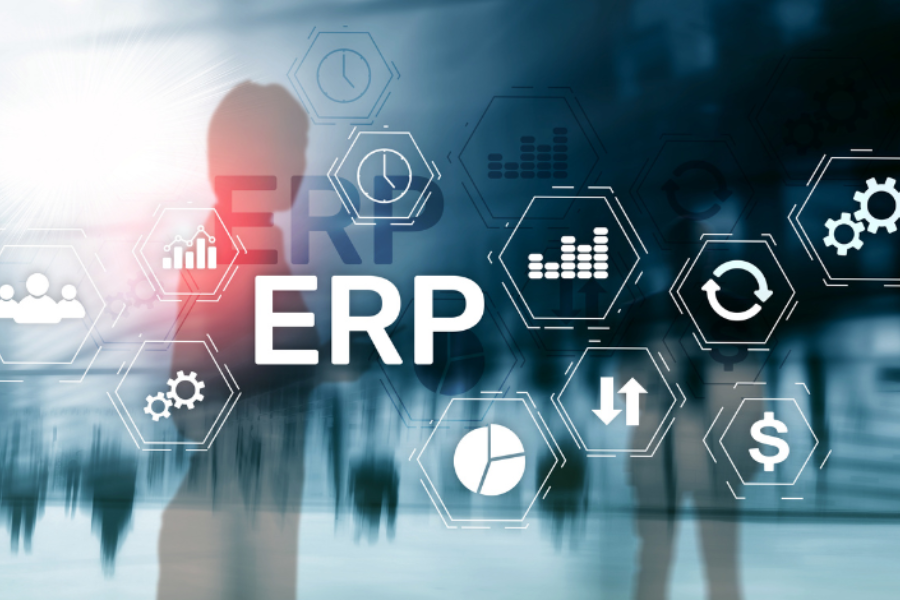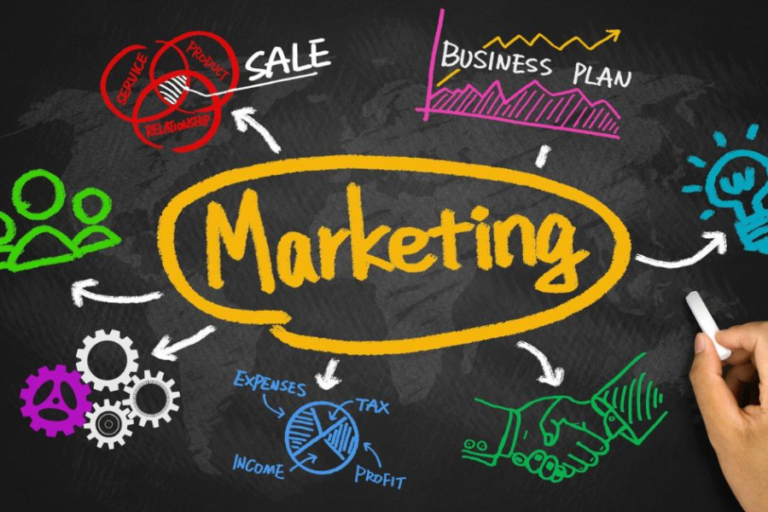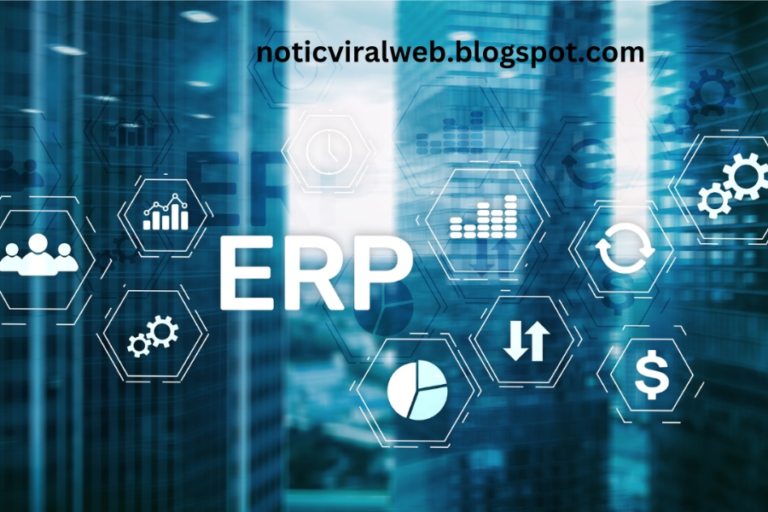https://noticviralweb.blogspot.com/2024/04/crm.html: Transforming Business and Personal Connections
In today’s fast-paced world, effective management of resources and relationships is crucial for success https://noticviralweb.blogspot.com/2024/04/crm.html. Businesses must streamline operations, reduce costs, and improve decision-making, while individuals need to build strong personal and professional connections. Enterprise Resource Planning (ERP) and Customer Relationship Management (CRM) systems have emerged as vital tools for achieving these goals. This article explores how these systems work, their importance, and how they can be implemented effectively.
What is https://noticviralweb.blogspot.com/2024/04/crm.html?
Enterprise Resource Planning (ERP) systems integrate various business functions into a single, unified platform, enabling seamless data flow and collaboration across departments. Typically, an ERP system includes modules for finance, human resources, inventory management, supply chain management, and more. By providing a comprehensive suite of tools to manage core processes, ERP systems streamline operations, enhance efficiency, and provide valuable insights through integrated data management.
Importance of ERP for Businesses
ERP systems play a crucial role in enhancing productivity, reducing costs, and improving decision-making with real-time data. They ensure compliance with regulations and serve as the backbone for organizational processes, supporting growth and scalability. By integrating diverse business functions, ERP systems help businesses achieve operational excellence and strategic advantage.
Choosing the Right ERP System
Selecting the right ERP system is a critical decision for businesses. Here are some factors to consider:
- Scalability: The system should be able to grow with the organization’s needs.
- Customization Options: The ability to tailor the system to specific business requirements.
- Integration Capabilities: Seamless integration with existing software and systems.
Benefits of Implementing an ERP System
Implementing an ERP system brings several advantages:
- Streamlined Processes: Integration reduces redundant processes and improves workflow.
- Improved Efficiency: Automation and centralized data enhance operational efficiency.
- Enhanced Data Security: Centralized data management ensures better security and compliance.
Common Challenges with ERP Implementation
Despite the benefits, ERP implementation may face challenges such as:
- Resistance to Change: Employees may resist new processes and technologies.
- Cost Overruns: Unexpected expenses can exceed initial budget estimates.
- Training Issues: Adequate training is crucial for user adoption and system use.
Preparing for ERP Implementation
Successful ERP implementation requires thorough preparation:
- Assessing Current Systems: Evaluate existing processes and systems to identify gaps.
- Stting Clear Objectives: Define goals and expected outcomes from ERP adoption.
- Creating a Realistic Timeline: Establish a timeline that accounts for all stages of implementation.
Steps to https://noticviralweb.blogspot.com/2024/04/crm.htm
To ensure a smooth transition, follow these steps:
- Selecting an Implementation Team: Assemble a cross-functional team to oversee the project.
- Customizing the ERP Solution: Tailor the system to meet specific business needs.
- Conducting Pilot Testing: Test the system in a controlled environment before full deployment.
- Monitoring and Evaluation: Assess performance against established KPIs and adjust as needed.
ERP Systems for Different Business Sizes
ERP solutions vary to suit different business sizes:
- Small and Medium Enterprises (SMEs): Focus on affordability and scalability.
- Large Corporations: Require robust systems capable of handling extensive operations.
- Cloud-Based vs. On-Premises ERP Systems
Businesses can choose between:
- Cloud-Based: Offers flexibility and accessibility.
- On-Premises: Provides greater control over data and customization.
- Trends in ERP Deployment
- Current trends in ERP deployment include:
ERP systems are used across various industries:
- Manufacturing: Streamlines production planning and inventory management.
- Retail: Enhances supply chain visibility and customer insights.
- Healthcare: Improves patient care through better resource management.
FutureTrendsHttps://noticviralweb.blogspot.com/2024/04/crm.html
Upcoming trends in ERP include:
- Artificial Intelligence and Machine Learning: Enhancing decision-making and automation.
- IoT Integration: Utilizing data from interconnected devices for enhanced operations.
Cost Considerations
Factors to consider when investing in an ERP system:
- Initial Investment: Upfront costs for software, hardware, and implementation.
- Maintenance Costs: Ongoing expenses for updates, support, and training.
Choosing the Right ERP Vendor
When selecting an ERP vendor, consider the following:
- Reputation: Vendor’s track record and customer reviews.
- Support and Training: Availability of training programs and ongoing support.
Understand https://noticviralweb.blogspot.com/2024/04/crm.html
In addition to ERP systems, businesses leverage Customer Relationship Management (CRM) systems to build stronger connections with customers. CRM is not just a tool; it’s a strategy for nurturing relationships. At its core, CRM helps businesses understand their customers deeply, fostering stronger connections through data collection and analysis.
How to Implement CRM in Your Organization
Implementing CRM in your organization involves several key steps:
- Software Options: Choose the right CRM software from options like Salesforce, HubSpot, or
- Zoho. Each platform offers unique features tailored to different business needs.
- Training Employees: Organize workshops or training sessions to ensure employees can navigate the software effectively.
- Setting Goals: Define clear objectives for what you aim to achieve with your CRM—whether it’s improving customer retention or streamlining communication processes.
Case Studies of Successful CRM Implementation
Here are some examples of successful CRM implementation in various industries:
- Retail: A well-known clothing brand used CRM to track customer preferences and purchase history, leading to personalized promotions and increased customer loyalty.
- Healthcare: A leading hospital automated appointment reminders and follow-ups, improving patient satisfaction rates and reducing no-show instances.
- Technology: A software company integrated their support system with CRM tools, enabling better tracking of customer issues and faster resolution times.
Tips for Building Stronger Personal Connection
Building strong personal connections involves effective communication and active listening:
- Make Eye Contact: Show genuine interest in the other person, conveying confidence and attentiveness.
- Ask Open-Ended Questions: Encourage deeper conversations by asking questions that invite sharing.
- Practice Active Listening: Nod occasionally and provide verbal affirmations like “I see” or “That’s interesting.”
- Avoid Interrupting: Allow the speaker to express their thoughts fully before responding.
- Be Mindful of Nonverbal Signals: Use body language that reflects engagement, such as leaning slightly forward or using natural hand gestures.
Conclusion:
In today’s interconnected world, building stronger connections is essential for success in both personal and professional realms. https://noticviralweb.blogspot.com/2024/04/crm.html ERP and CRM systems provide valuable tools for managing resources and relationships, enabling businesses and individuals to thrive
By implementing the right systems, addressing challenges proactively, and embracing ongoing advancements, organizations can leverage ERP and CRM to stay competitive in their respective industries. Meanwhile, individuals can enhance their personal connections through effective communication and active listening, fostering trust and rapport.
Investing time and resources into building these connections pays off, as loyal customers and supportive friends contribute to a fulfilling life. The journey toward stronger connections involves continuous learning and adaptation, transforming fleeting encounters into lasting bonds that enrich both personal lives and professional endeavors.
FAQs:
What does ERP stand for?
ERP stands for Enterprise Resource Planning. It’s a comprehensive software system that integrates various business processes into a unified platform.
Why is ERP important for businesses?
ERP systems streamline operations, improve efficiency, and facilitate better decision-making by providing real-time insights and data integration.
What are the key benefits of implementing an ERP system?
Implementing ERP can lead to streamlined workflows, enhanced productivity, reduced operational costs, and improved customer satisfaction.
How long does it take to implement an ERP system?
The timeline for ERP implementation varies based on factors like the size of the organization and the complexity of the project, typically ranging from several months to over a year.
What are the challenges associated with ERP implementation?
Common challenges include resistance to change among employees, high initial costs, and integration issues with existing IT infrastructure.
Get the latest buzz and in-depth features on movies, music, and pop culture at Tamasha.blog.






